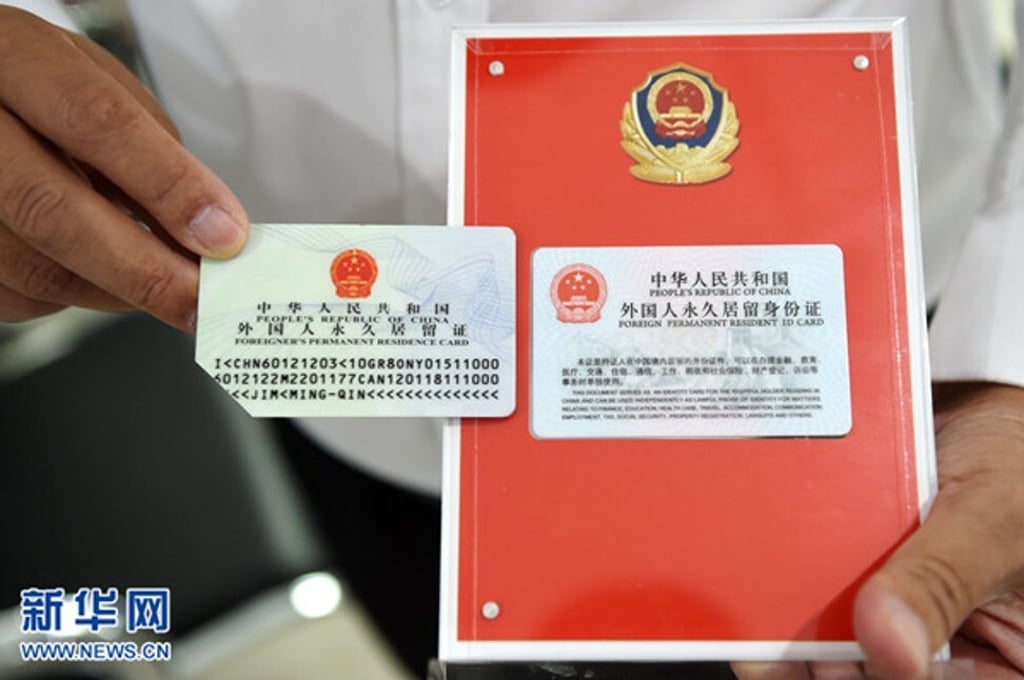Opinion | China needs more, not fewer, immigrants if it wants long-term growth and prosperity
- China’s current ‘green card’ system is more of an obstacle than an opportunity for foreigners looking to settle in the world’s second largest economy
- Proposed new threshold for permanent residency should be lowered if China wants to foster innovation and tackle its ageing population

China’s latest draft law on granting permanent residency to foreigners has touched a nerve among the public. It has been met with overwhelming disapproval, fanning fears that a “lowered threshold” will lead to an influx of immigrants who will put a strain on resources.
China’s existing green card system, which began in 2004, is more of an obstacle than a channel for foreigners looking to settle in the country. In the past 15 years, only about 10,000 foreigners have obtained permanent residency.
Except for a handful of non-natives like Tesla founder Elon Musk, obtaining the right to reside in China for most professionals is mission impossible. The latest official data shows that China issued 1,500 green cards in 2016. The United States government by comparison provided about a million that same year, including more than 77,000 to people born in China.

As a result, the foreign community in the world’s second largest economy is tiny. It is estimated that China, a country of 1.4 billion people, has just one million foreigners working and living here. The coronavirus may shrink that number further.
